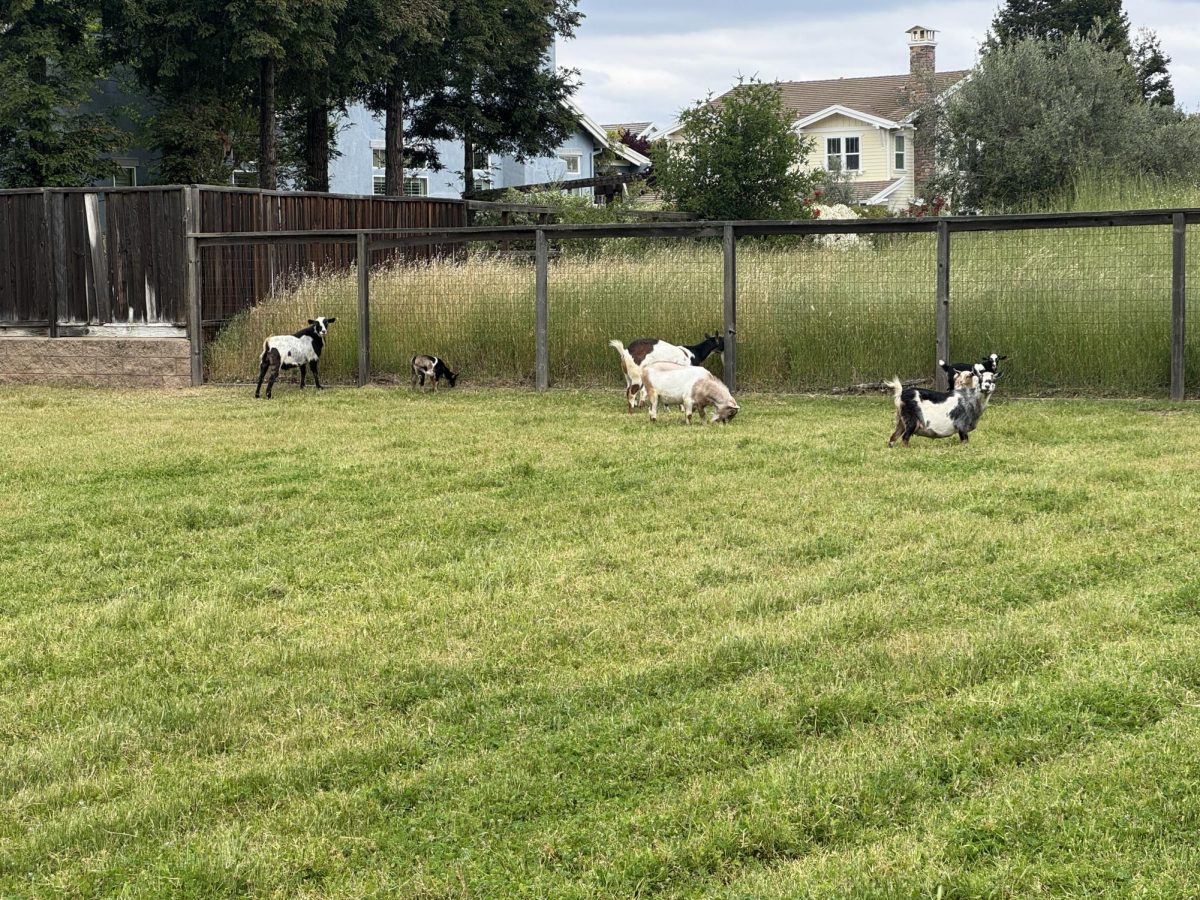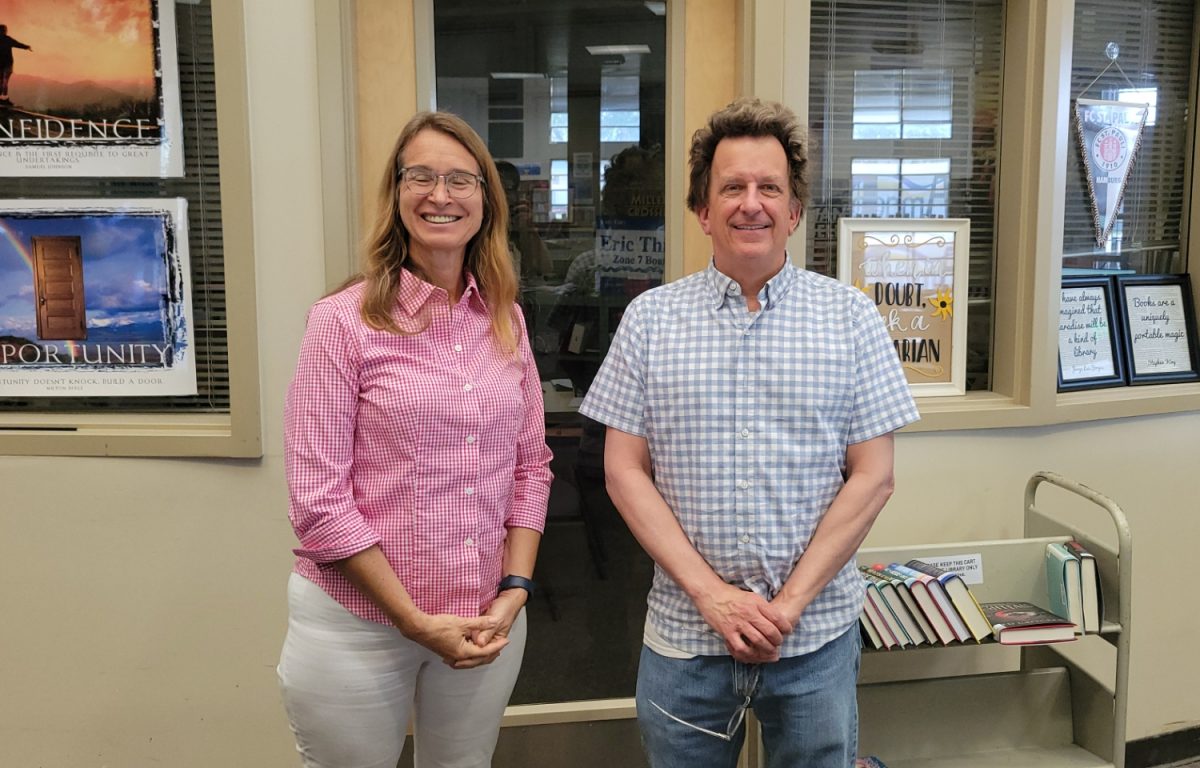Summer amnesia or summer brain drain is a widespread experience everyone faces during the long and leisurely summer break. Though it is not a diagnosed medical condition, it surely hits hard once school is back in session.
“Usually, it ends up making [the return to school] a lot harder, especially if it’s knowledge that builds up on past subjects. I remember we were doing some Algebra stuff and I completely forgot the basics,” said Natasha So (‘26).
However, it is not all that serious – people are enjoying being relaxed and replacing their worries with fond memories. But it’s important to recognize that there are ways to prevent the extent of the effects of summer amnesia.
Summer amnesia doesn’t only affect students, though.
“I think [students] definitely come back with a little bit of summer amnesia, which is not necessarily a bad thing. It’s good to sort of decompress and remove yourself from school a little bit. I guess I would say we have to get back in the habit of being in school and practicing all of the skills that they get really used to practicing during the school year,” said Sophomore and Junior English Teacher Amy Suto.
Teachers are the ones who notice the deterioration of students’ skills the most during the first week of school. However, they always plan ahead to readjust the students back into the life of a learner.
“Because I generally teach sophomores and juniors, I know what they’ve done in past years. And we usually dive in with something small, but we do some close reading. We do some annotating. We do some discussion and reminder of how we approach a text, in addition to the community building and getting to know each other and all that, but [it] just gets us all used to being back in the classroom again,” said Suto.
Although teachers have to reteach and guide the students into relearning, summer amnesia does not spare them either. With much experience, teachers provide advice or have methods of their own to handle it.
“For myself, summer is a time for me to do a lot of sort of pleasure reading that I don’t have as much time to do during the school year. But then I also spend some time in the summer thinking back, reflecting on the past school year and thinking about things that I want to learn myself or things that I want to change and do differently,” said Suto.
Preventing summer amnesia
Some students take summer classes over the break to keep their minds in practice. On the flip side, for those who have a free schedule away from learning, it is beneficial to touch up some knowledge skills every once in a while.
“Probably the best way to prevent [summer amnesia] is just to do random touch ups as you’re going through the summer so you don’t completely lose base with previously learned knowledge. Honestly, kind of just try to study in the beginning of the year. If there’s anything I don’t remember I usually try and go back and touch up,” said So.
Other methods of keeping your academic skills intact during the two months of academic rest:
1. Reading
Every English teacher will always recommend reading a good book to keep your mind flowing with information and to keep the brain active.
“I think for students in terms of English skills, I just will always encourage students to do as much reading as they can, to unplug once in a while and read at least one book over the summer,” said Suto.
Reading for only thirty minutes per day will prevent losing knowledge and improve literary and English skills in general.
Summer classes are offered for students who need academic guidance, aid, or are just looking to learn new things. These programs help students in any subjects, whether they need help understanding or learning. Additionally, there are many extracurricular and online classes if you want to pick up a hobby or an interest with the two months of free time.
3. Learning on a daily
With today’s advancement in technology, devices offer brain games. These games promote educational and learning goals to keep the brain stimulated in an entertaining way.
Summer break is a time when you can rejuvenate from the busy school year and reward yourself with free time. However with no school all summer, summer amnesia is inevitable. To make the next school year easier it is important to keep a balance of having fun and keeping your mind sharp so the transition back to school is much smoother.











